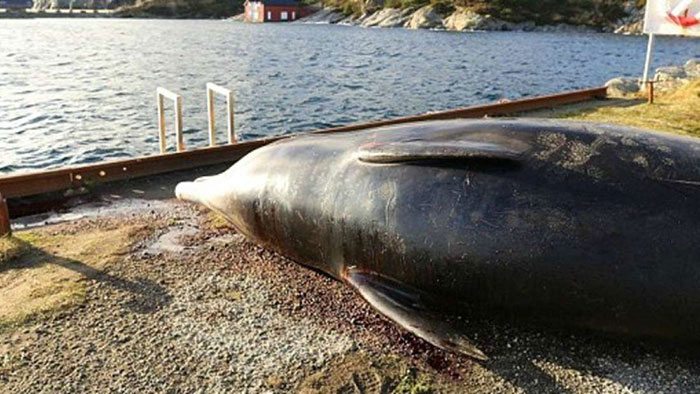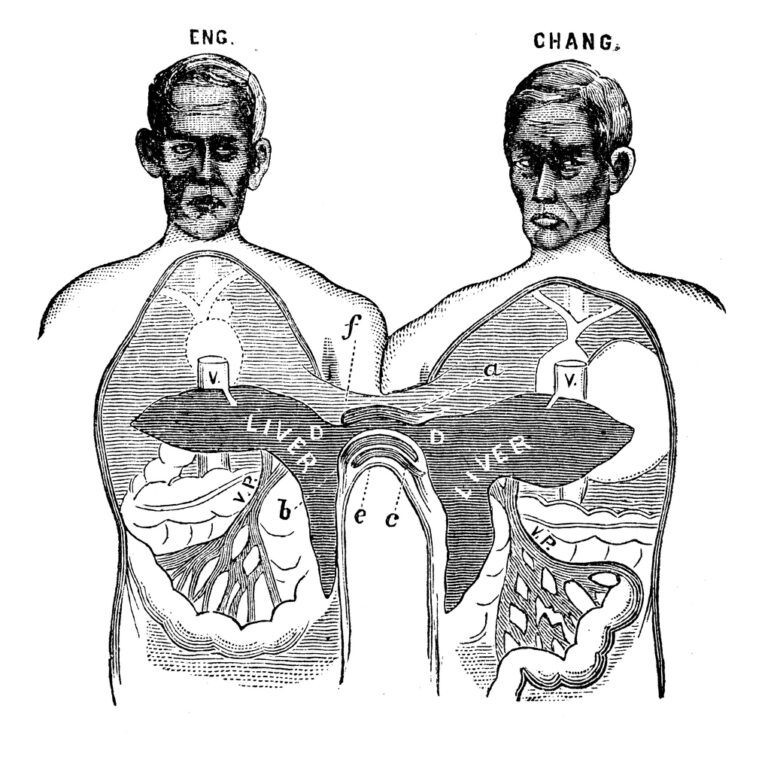Last week, a Cuvier beaked whale had become stranded in shallow waters off the island of Sotra, in Norway. The whale was said to look malnourished and in poor condition, and wardens eventually decided to euthanise it, after it repeatedly became stranded.
When researchers at the University of Bergen performed an autopsy on the mammal, they found that the whale had consumed an enormous amount of plastic, including 30 plastic bags and other plastic waste.
Unfortunately, the result was not a surprise to the researchers. “The whale’s stomach was full of plastic bags and packaging with labels in Danish and English,” Dr Terje Lislevan, a zoologist at the University told Norwegian newspapers. “The findings are not surprising, but clearly it is sad to discover such large quantities.”

Dr Lislevan explained that the whale had probably consumed the non-biodegradable waste over a long length of the time. The result meant the whale’s intestines were blocked, preventing the mammal from eating and likely resulting in it experiencing intense pain.
An estimated 100 billion carrier bags are used every year in Europe – with 9 billion ending up as litter. Experts estimate there are five trillion pieces of plastic litter floating on the world’s oceans, discarded by a throw-away society and killing countless animals a year.
It has been estimated that by 2050 there will be more plastic in the sea than fish.
Stories such as this one, remind us of the need to reconsider the use of our plastic bags.
Small changes can make a big difference to the plastic problem – like using less plastic bags #OceanRescue https://t.co/FY340dvExv pic.twitter.com/1zBdSXnwF8
— Sky Ocean Rescue (@SkyOceanRescue) February 1, 2017
Read more about plastic and the environment:







